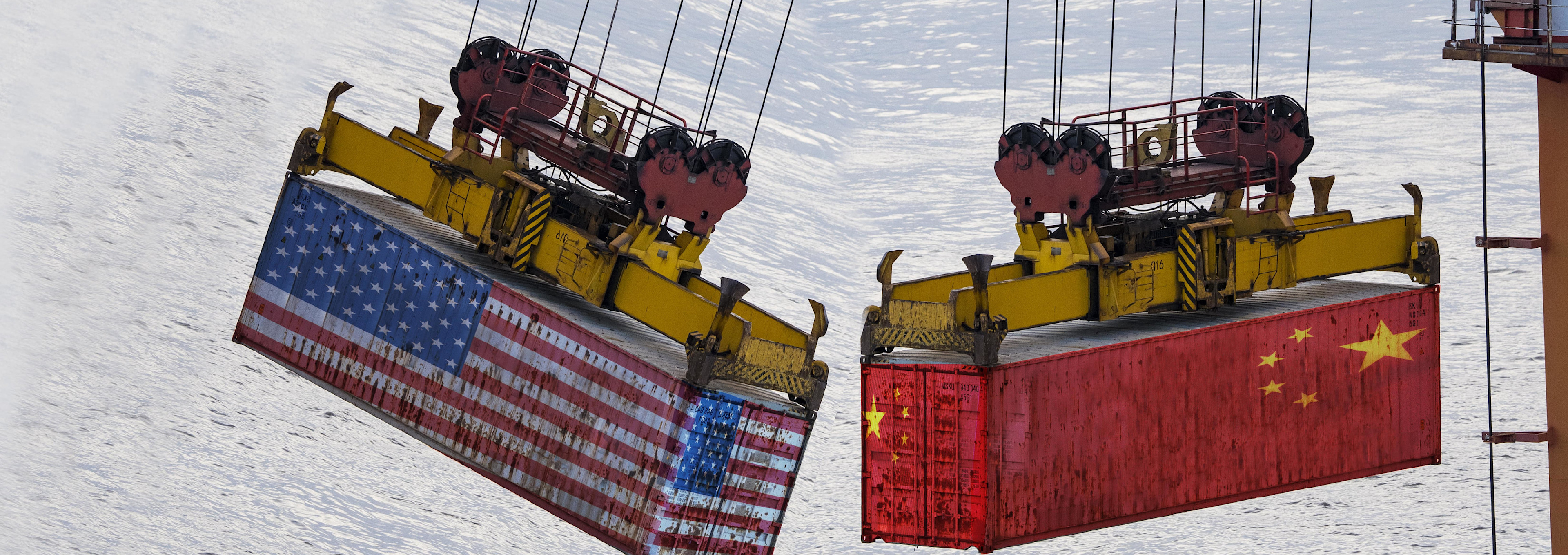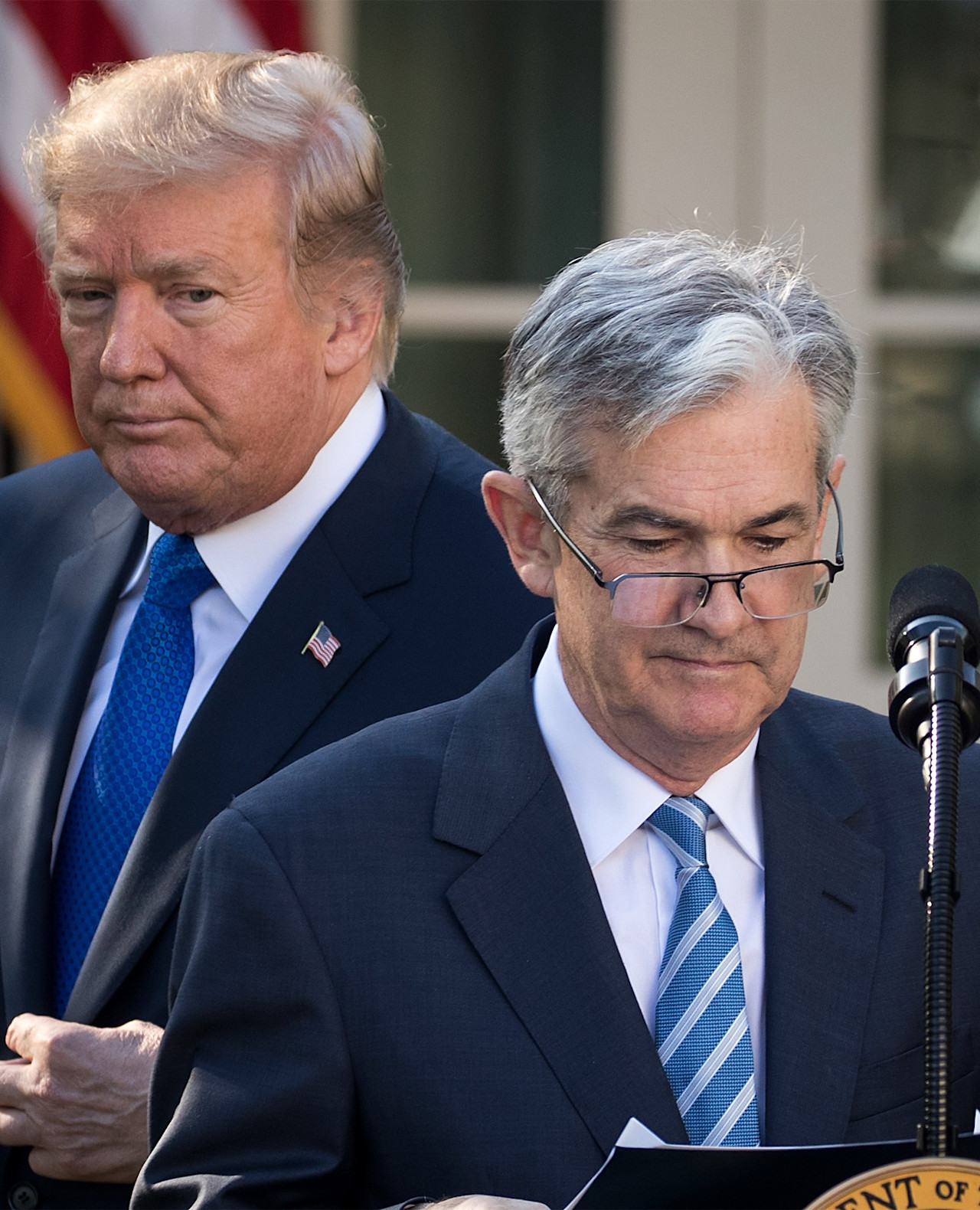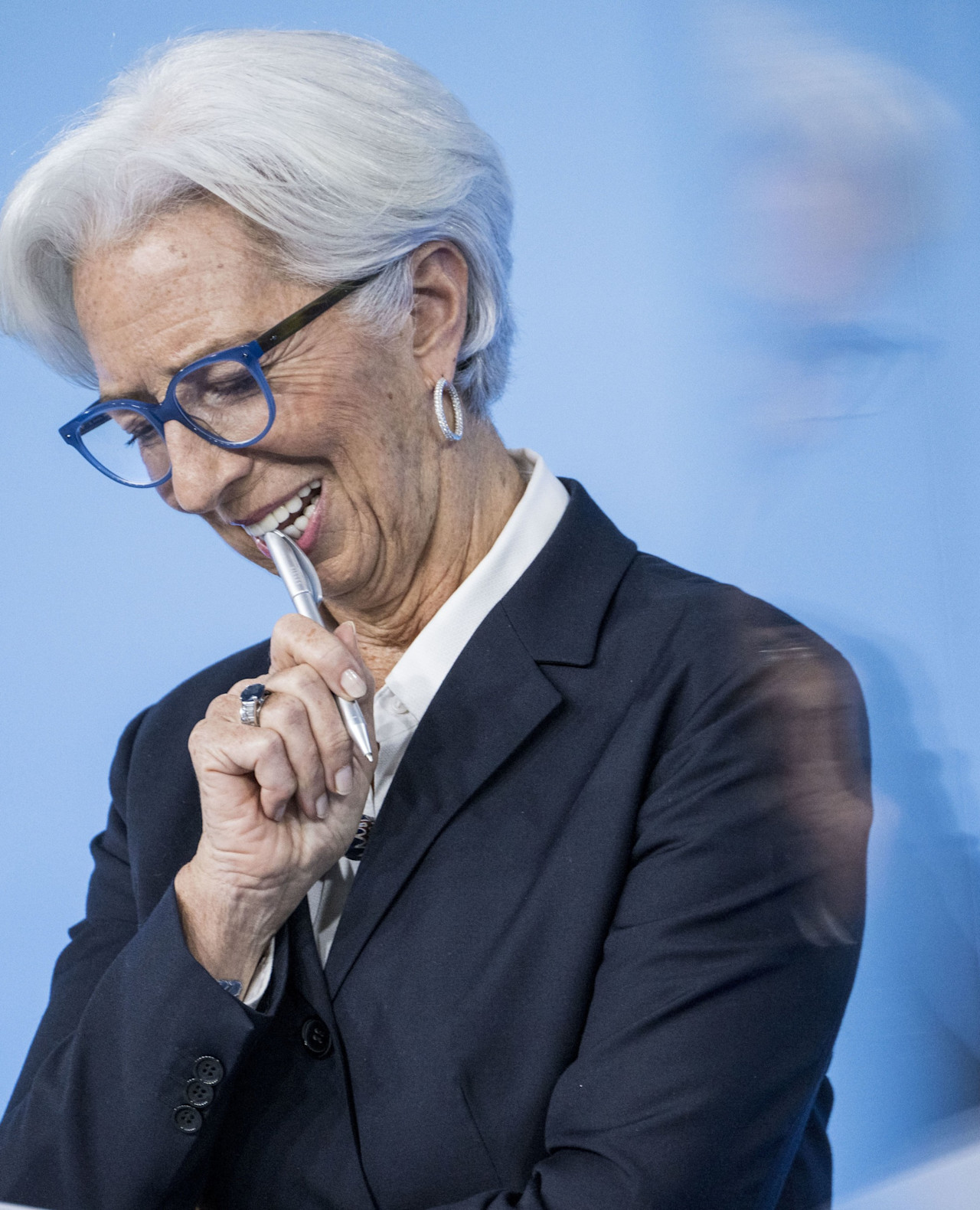

Trump’s tariff tango: Navigating the twists and turns of US trade policy
President Trump has proven he is a tariff man indeed, viewing tariffs as a key lever to achieve his overarching policy goal to usher in what he sees as a “golden age for America”. On 2 February, he approved 25% tariffs on Canada and Mexico and 10% on China. Canada and Mexico have vowed to retaliate, raising the odds of a drawn-out tit-for-tat trade war. China has fired back by announcing tariffs of up to 15% on coal, oil and LNG from the US, next to starting an antitrust investigation into Google.
まとめ
- Trump imposes 25% tariffs on Canada and Mexico and 10% on China
- Moves sparks market volatility and rush into gold and the US dollar
- US trade policy uncertainty reaches the highest level in 40 years
The move marks a new phase of global trade policy uncertainty which may hamper technology spillovers, trade flows and ultimately backfire on US economic growth and inflation. The Peterson Institute estimates that the recent tariffs announcement on China, Canada and Mexico would be equivalent to an incremental tax increase for the typical US household of USD 1,200 a year1.
While the freshly appointed Treasury Secretary Scott Bessent has been a proponent of a more gradual approach toward raising tariffs, Trump reiterated his threat to enact across-the-board tariffs that are “much bigger” than 2.5%. The Smoot-Hawley Act saw tariffs increase up to 60% in the early 1930s, the highest ever recorded in American history, but Trump has threatened to impose tariffs on US trading partners as high as 100%.
The swift execution of his tariff threat spurred equity market volatility, with the usual safe havens of gold and the dollar rallying. After Trump abruptly pulled the threat of sweeping tariffs on Colombia earlier last week following a deal on deported migrants, the market was convinced that Trump’s bite would be softer than his bark.
However, the announcement of the latest tariffs on Canada and Mexico indeed suggests Trump’s bite predominantly serves border security, migration control and the flow of fentanyl into the US. On Monday, Mexican President Claudia Sheinbaum said the US administration will hold off on tariffs for a month in exchange for Mexico’s increased efforts to restrict drug flow across the Mexican-US border. The news led to a swift reversal of the earlier rally in safe havens.
Asset market implications
Tariffs negatively impact global trade volumes as higher import prices reduce demand for foreign goods. Our research shows that a slowdown in global trade volumes is typically associated with a stronger US dollar and higher gold, as well as US Treasury bond prices and equity markets trading lower. The 2018/2019 tariffs announcements during the first Trump administration showed that the S&P 500 as well as its Chinese counterpart the CSI300 traded around 2% lower in the subsequent 20 trading days.
With markets now forced to second-guess Trump on further actions, US trade policy uncertainty has reached the highest level in 40 years, second only to the US-China trade war peak in mid-2019. We expect market volatility to remain elevated in the near term, reflecting a significant risk of another high impact trade announcement toward China, Europe, and/or Japan.
The swift deal between Trump and his Canadian and Mexican counterparts again underlines the mercantilist nature of the new US presidency. Countries with a high trade surplus with the US, like Germany, may adopt Mexico’s footsteps, and take a pragmatic approach by buying more US LNG and ramping up defence spending further above 2% of GDP. Yet, the EU works by consensus, and more autarkic countries like France could prove to be a spanner in the works for the EU to form a strong, unified front in trade negotiations.
In Asia, China’s President Xi Jingping may struggle to convince the US to enter into a revived trade agreement. The country did not live up to the Phase One agreement struck in 2020, where China promised to buy an additional USD 200 billion in US goods and services. If the Chinese leadership fails to convince the US administration, Trump might step up the escalatory ladder, necessitating China to ramp up domestic policy stimulus and weaken the yuan versus the dollar to offset the potential hit on its exports to the US.
最新のインサイトを受け取る
投資に関する最新情報や専門家の分析を盛り込んだニュースレター(英文)を定期的にお届けします。
Broader economic implications
We continue to watch the impact of these tariffs on inflation and the development of trade negotiations by assessing three main transmission channels. First, US consumers might substitute tariffed import goods with cheaper, more available domestic goods, potentially denting the inflationary impact of tariffs.
Second, currency market fluctuations play a critical role. During the first trade war of 2018/2019, the strengthening dollar sizably offset the inflationary impact of the US tariffs on Chinese goods, whereas China mitigated the erosion of its competitiveness by weakening the yuan against the dollar. Third, the duration of the tariffs put in place matters. Judging by the actions from the White House last week, markets need to price the call optionality of any tariffs enacted.
Positioning
We saw complacency about the risk of tariffs announcements at the end of last week, bringing along more pronounced downside risks. This followed existing susceptibility to a trade shock judging by the gap that opened last year between historically elevated P/E multiples and US earnings revisions. A stronger dollar for longer erodes US multinationals external competitiveness, creating a potential earnings headwind.
We observe that forward earnings growth projections for the US started to rollover after Trump announced the first round of tariffs on China in July 2018. Robeco Sustainable Multi-Asset Solutions therefore trimmed its equity exposure last week, while increasing our positions in gold and the US dollar. The evolving trade relations between the US and China will remain at the heart of global trade uncertainty.
In trade, it takes two to tango. Yet, so far, the moves between the two superpowers have been out of step.
Footnote
重要事項
当資料は情報提供を目的として、Robeco Institutional Asset Management B.V.が作成した英文資料、もしくはその英文資料をロベコ・ジャパン株式会社が翻訳したものです。資料中の個別の金融商品の売買の勧誘や推奨等を目的とするものではありません。記載された情報は十分信頼できるものであると考えておりますが、その正確性、完全性を保証するものではありません。意見や見通しはあくまで作成日における弊社の判断に基づくものであり、今後予告なしに変更されることがあります。運用状況、市場動向、意見等は、過去の一時点あるいは過去の一定期間についてのものであり、過去の実績は将来の運用成果を保証または示唆するものではありません。また、記載された投資方針・戦略等は全ての投資家の皆様に適合するとは限りません。当資料は法律、税務、会計面での助言の提供を意図するものではありません。 ご契約に際しては、必要に応じ専門家にご相談の上、最終的なご判断はお客様ご自身でなさるようお願い致します。 運用を行う資産の評価額は、組入有価証券等の価格、金融市場の相場や金利等の変動、及び組入有価証券の発行体の財務状況による信用力等の影響を受けて変動します。また、外貨建資産に投資する場合は為替変動の影響も受けます。運用によって生じた損益は、全て投資家の皆様に帰属します。したがって投資元本や一定の運用成果が保証されているものではなく、投資元本を上回る損失を被ることがあります。弊社が行う金融商品取引業に係る手数料または報酬は、締結される契約の種類や契約資産額により異なるため、当資料において記載せず別途ご提示させて頂く場合があります。具体的な手数料または報酬の金額・計算方法につきましては弊社担当者へお問合せください。 当資料及び記載されている情報、商品に関する権利は弊社に帰属します。したがって、弊社の書面による同意なくしてその全部もしくは一部を複製またはその他の方法で配布することはご遠慮ください。 商号等: ロベコ・ジャパン株式会社 金融商品取引業者 関東財務局長(金商)第2780号 加入協会: 一般社団法人 日本投資顧問業協会























